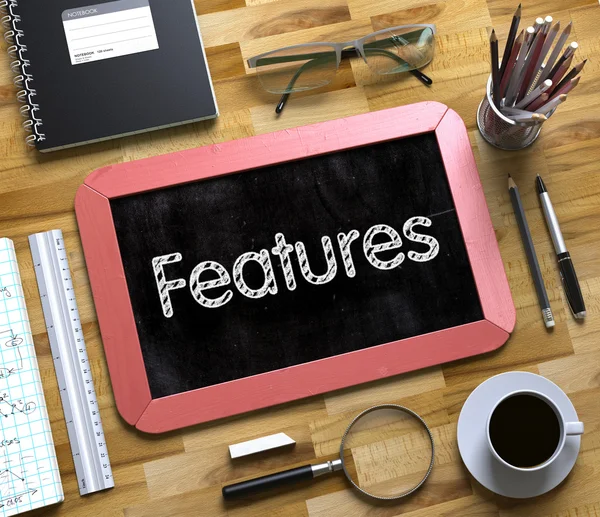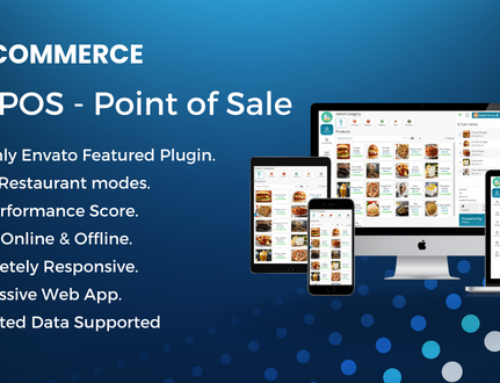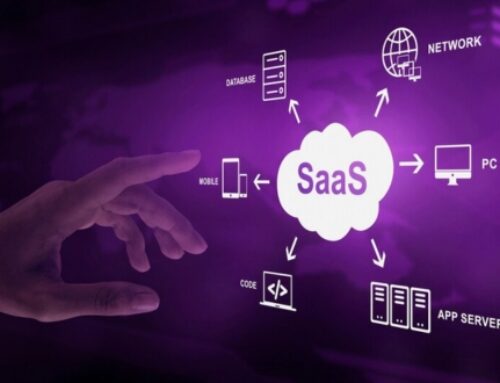A sophisticated and user-friendly content management system designed exclusively for managing books is what the Library CMS project seeks to offer. The CMS is always being expanded and improved by the project team in order to make it as efficient and user-friendly as possible. With a focus on customization, the platform will enable users to adapt it to their needs through the use of custom fields or software integrations.
The Library CMS project intends to deliver a potent tool for people and organizations who need to handle huge volumes of books by streamlining the book management process. The CMS can greatly alter how book collections are organized and managed because of the ability to greatly alter the way that book collections are organized and managed because of its user-friendly interface and customizable capabilities. The team will keep working to make the Library CMS as strong and useful as possible since they are dedicated to building a platform that is both simple to use and incredibly functional.
Features
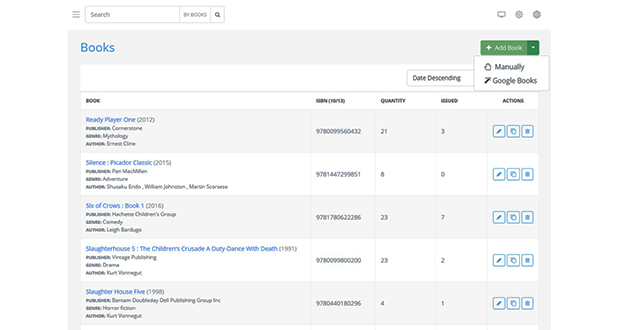
Book Management – The Content Management System (CMS) of the Library was developed with the management of book collections in mind. It provides customers with a comprehensive collection of capabilities that can assist them in managing their book catalog, such as the ability to generate new books, alter or remove current books, and create new versions of existing books. In addition, the Content Management System (CMS) features a catalog of book authors, publishers, book series, and genres, which makes it simple to organize and classify books in a manner that is relevant.
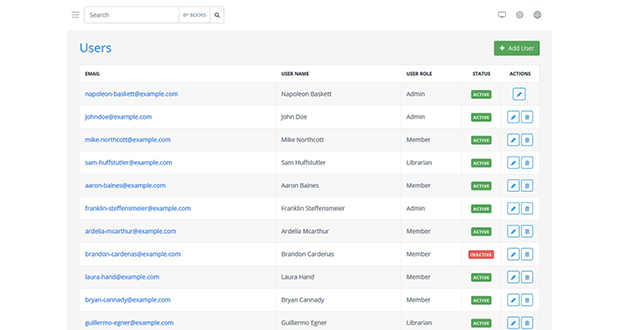
User Management – The Library Content Management System (CMS) comes equipped with a powerful user management system that gives site administrators the ability to manage users, as well as their roles and permissions. This implies that administrators have the ability to manage which users have access to particular features and capabilities, so ensuring that only authorized users are able to carry out specific tasks.
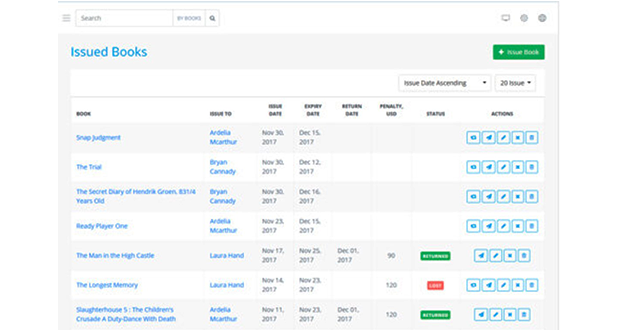
Librarian Helper – The Library Content Management System offers capabilities that were developed expressly to assist librarians in managing their collections. This covers functionality such as the issuance and return of books, as well as the processing of user requests and the delivery of notices to users through email. These functions are intended to provide a simpler and more effective workflow for the librarian, freeing up their time to concentrate on other responsibilities.

Blog – The content management system (CMS) comes equipped with a built-in blog feature that enables users to publish entries, as well as news and updates. This is a helpful service for libraries who wish to keep their patrons updated about future events, new acquisitions to their collections, and other news.

Pages – The content management system (CMS) provides users with the capability to generate bespoke pages for a variety of reasons. This indicates that users have the ability to build pages with specified content or functionality. For example, a user may create a page with a library’s operating hours, a page with the library’s policies, or a page with commonly asked questions.
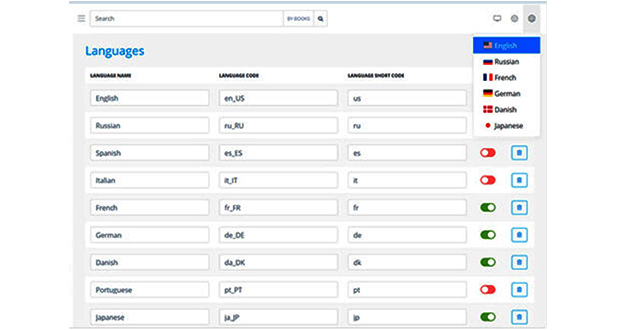
Multilingual – Support for many languages is built into the Library CMS, and other site languages can be added at any time. In addition to other languages that have been automatically translated by Google Translate, the CMS is available in English and Russian, both of which were manually translated. Other languages are also supported. This feature is beneficial for libraries that serve populations that speak more than one language since it ensures that all users may access the content they require in the language that they prefer to use.

